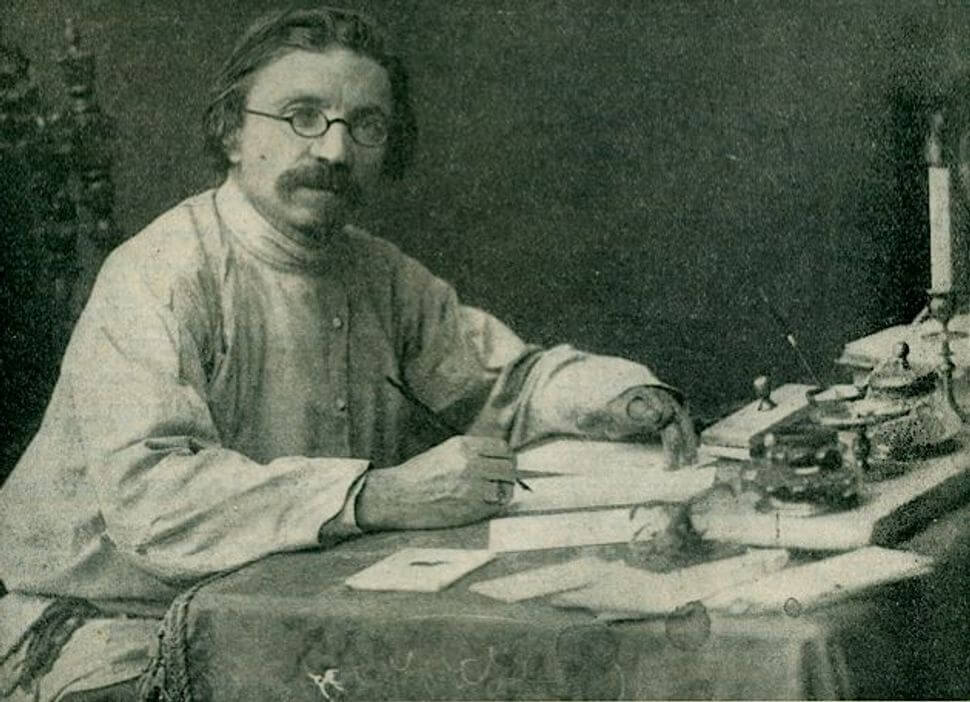60 Remain in Algerian Hostage Crisis
Algerian forces have freed about 100 of the 132 foreigners who were taken hostage in a gas facility in the Algerian desert, a security source told Reuters.
The fate of the others — whether they remained captive or had been killed — remained unclear, he said, as the situation at the plant was “changing rapidly.”
Algeria’s state-run news agency (APS) said on Friday that the country’s special forces who launched a rescue mission on Thursday to rescue the hostages were attempting to reach a “peaceful solution” with a “terrorist group” still holding hostages in the gas plant, the New York Times reported.
The plant, run by Algerian state oil company Sontrach in partnership with Britain’s BP and Norway’s Statoil is located near In Amenas, is roughly 800 miles from Algiers, Algeria’s capital, and 37 miles from the Libyan border. On Wednesday, militants seized the plant in retaliation for the Algerian government’s collaboration with French troops’ efforts to stop Islamist takeovers in Mali.
On Thursday, Algerian special forces stormed the plant, leaving 30 hostages dead, along with 18 of their captors, the Chicago Tribune reported.
AP reported that the workers taken hostage came from around the world, including Americans, Britons, French, Norwegian, Romanians, Malaysians, Japanese and Algerians.
U.S. President Barack Obama is receiving regular updates on the situation at the Algerian gas plant, where about 60 foreigners were being held hostage or missing, a White House spokesman said on Friday.
“We are in constant contact with the government of Algeria and have been clear that our first priority is the safety and security of the hostages,” Tommy Vietor, a spokesman for the White House National Security Council, said in a statement.
Meanwhile, the militants have offered to trade two American workers in exchange for two terror figures held in the United States, AP reported on Friday.
Vietor said Obama discussed the situation with British Prime Minister David Cameron on Thursday.
“We are in close touch with our other international partners, as well as BP’s security office in London,” said Vietor. Speaking in Parliament on Thursday, British Prime Minister David Cameron said that he had not been warned of the strike in advance, and could give little details, the New York Times reported. “This is a large and complex site, and they are still pursuing terrorists and possibly some of the hostages in other areas of the site. The Algerian prime minister has just told me this morning that they are looking at all possible routes to resolving this crisis,” he said.
Defense Secretary Leon Panetta, in London to meet with Cameron, said that “Terrorists should be on notice that they will find no refuge, not in Algeria, not in North Africa, not anywhere,” CNN reported Friday.
An administration official described the situation as “ongoing and sensitive.”













